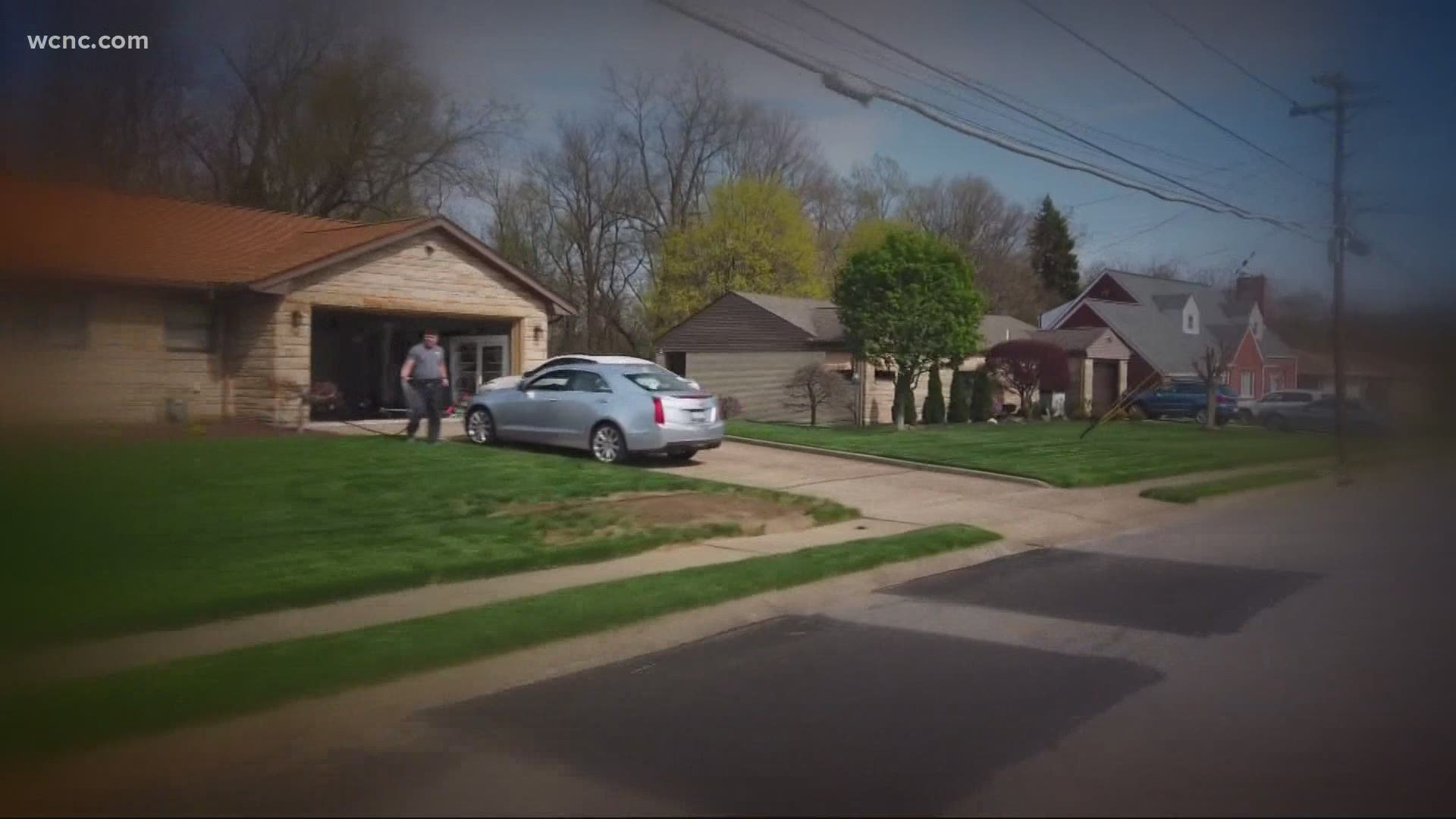CHARLOTTE, N.C. — Some good news for those struggling to pay the bills: the new COVID-19 relief package signed by President Trump Sunday includes $25 billion in emergency rental assistance.
It also extends the CDC's eviction ban for another month.
The first round of rental assistance under the CARES act was used up quickly.
North Carolina's HOPE program was so quickly overwhelmed with need that officials had to stop taking applications, and many never saw a dime.
“I think all the organizations that are working with the HOPE program to get the money out there has been working really hard, but there's just such a massive need," said Isaac Sturgill, attorney for Legal Aid NC.
North Carolina is expected to get $700 million for rental assistance funding under the new COVID relief bill.
“Hopefully, that money will come through before the end of January," Sturgill said.
It’s not clear yet how exactly the funds will be issued, but Sturgill predicts it’ll be used to refill existing local and state programs.
“I would predict that the HOPE program is probably going to be extended," he said. "That will make it easier since we're not starting from scratch. This time. We've got something that's already in place.”
If and when applications for the HOPE program reopen, they will be made available online here.
Preparing under that assumption, local-level organizations like the Charlotte-Mecklenburg housing program will reopen rental assistance applications on Jan. 1.
"The recent passage of additional emergency rental relief is greatly needed in Charlotte and throughout the country," said Pamela J. Wideman, director of Charlotte's Housing & Neighborhood services. "Consistent with federal guidelines, the City of Charlotte will work efficiently and effectively with our partners, to allocate these dollars to renter households earning 80% and below the area median income, who have been adversely impacted due to the Covid-19 pandemic."
To apply for funds through Charlotte housing, visit rampclt.com.
The new COVID relief bill also extended the eviction moratorium for one month, meaning landlords can’t evict tenants for nonpayment resulting from the pandemic.
Governor Cooper also doubled down Wednesday with an executive order stating the same.
“There are a lot of families, but for this moratorium would be evicted already," Sturgill said. "So I think those families are probably seeing this as a welcome sigh of relief.”
Of course those renters are still on the hook to pay eventually – which is why many are eager to tap into this new round of assistance.
"If the tenants can stay in the home and the landlords can finally get paid, that it's a win win situation for the landlords and the tenants," Sturgill said. "So I'm hoping that this new rental assistance will come through quickly."

